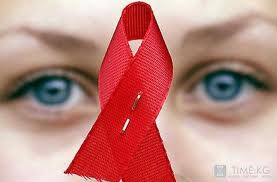Meaningful engagement with civil society, including key populations and people living with HIV, is fundamental for developing a robust response to HIV. UNODC values the unique perspectives that civil society organizations (CSOs) and community based organizations (CBOs) bring and engages with them in all aspects of its HIV response.
UNODC facilitates the inclusion of CSOs in nationally-led processes, it engages them in the overall development and implementation of the HIV programme, by ensuring their active participation in project steering committees, in scaling up services, as well as in various forums addressing relevant policy, strategy and programming issues. UNODC ensures access of CSOs to capacity-building opportunities and makes resources available to CSOs to implement evidence-based HIV services.
UNODC supports over 300 CSOs worldwide. Of the total support, each year over 80% of the resources are provided to CSOs to increase access to harm reduction services by people who use drugs. The remainder is allocated to organisations in the field of prisons and HIV.
In February 2013, in an effort to be more effective in its response, UNODC strengthened its partnership with CSOs by establishing the UNODC-CSO Group on Drug Use and HIV. The group provides a platform for a structured dialogue between UNODC and civil society and community based organizations leading to greater cohesion and more effective collaboration and joint initiatives.



